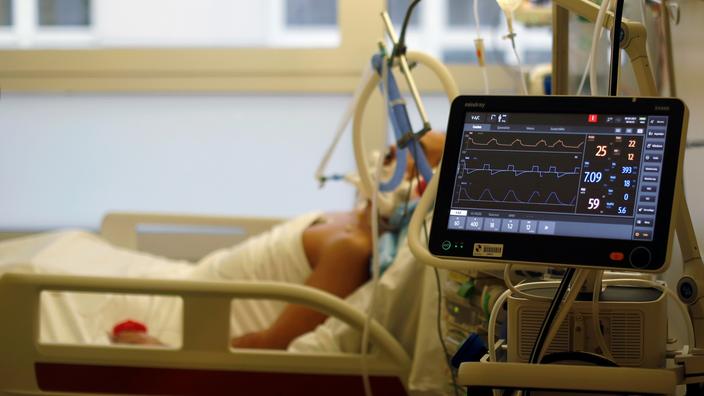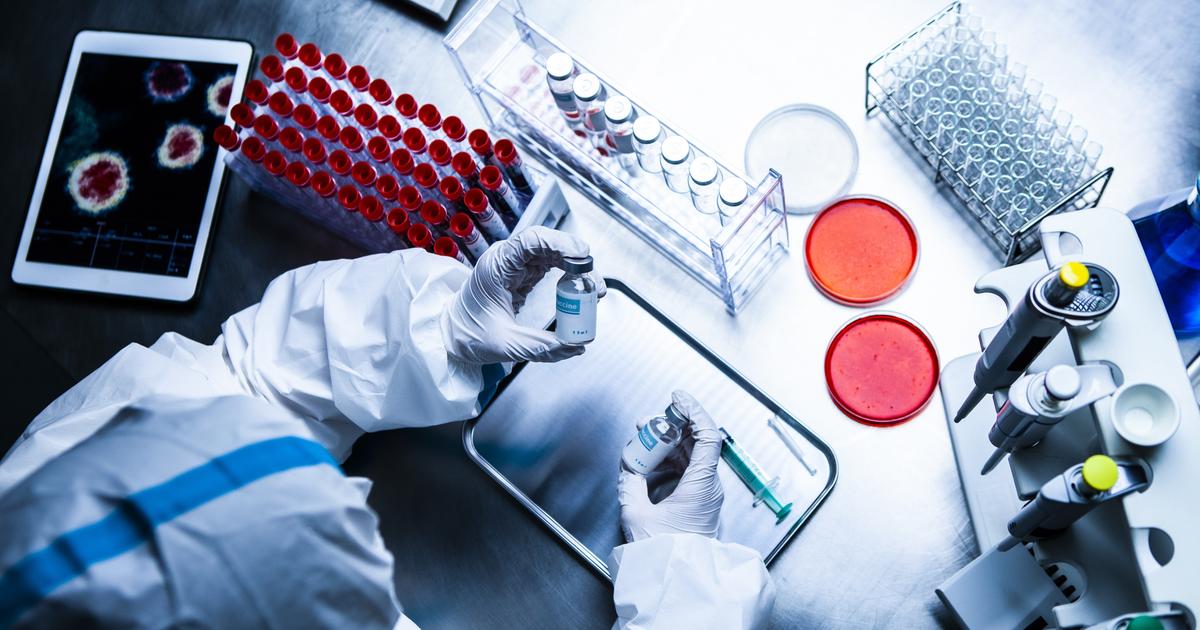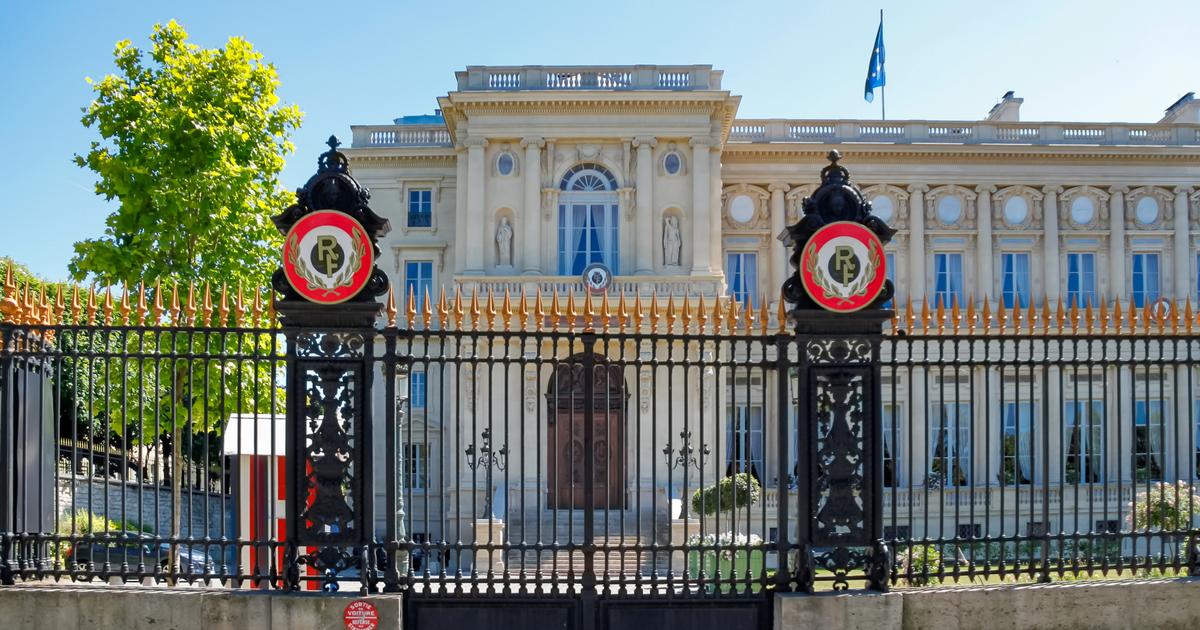A first case of serious reinfection with the South African variant of the coronavirus has been described by French researchers, Paris hospitals (AP-HP) said on Friday.
Read also: Will Covid-19 variants make re-infections more frequent?
"
This case illustrates the fact that the (South African) variant may be responsible for a serious reinfection after a first mild infection
" with the classic coronavirus, write the researchers in their study, published Wednesday in the journal
Clinical Infectious Diseases
.
“
This is, to our knowledge, the first description of a reinfection with the South African variant causing severe Covid-19, four months after a first moderate infection
,” they add.
Cases of reinfection with variants, British, South African or Brazilian, have already been documented in the scientific literature, but most often the second episode is less severe than the first.
Moreover, these cases of reinfection are probably more numerous in reality than those identified and described as such in medical journals.
The case described by French researchers is that of a 58-year-old patient.
As of September 2020, this man, who has a history of asthma, suffers from a fever and has moderate difficulty breathing.
A SARS-CoV-2 infection is diagnosed with a PCR test.
The symptoms disappear within a few days, and the man tested negative twice in December.
In January, he was readmitted to the emergency room of the Louis-Mourier hospital (AP-HP) in Colombes, near Paris, for breathing difficulties and fever.
His PCR test is positive again, and genetic sequencing shows the presence of mutations characteristic of the South African variant.
Read also: Covid-19: are the cases of reinfection worrying?
Seven days later, the patient develops an acute respiratory distress syndrome which requires him to be intubated and placed on a life support device.
He was still in critical condition when the study was submitted for publication in the medical journal.
At the beginning of his hospitalization, serological tests detected in the man the presence of antibodies proving a past infection.
This suggests that "
the immunity developed after the first infection did not prevent reinfection by the South African variant
," said AP-HP in a press release.
“
The virus responsible for the first infectious episode could not be sequenced,
” continues AP-HP.
"
However, the occurrence of the first infection one month before the first description of the variant in South Africa, and three months before its first report in France, precludes the possibility
" that the second infection is only an awakening of the first, she adds.
A year after the start of the pandemic, the duration of immunity against the coronavirus is still the subject of many questions, reinforced by the appearance of variants which are likely to be more contagious in recent months.
Among them, the South African is a source of particular concern: due to specific genetic characteristics, scientists fear that it will reduce the effectiveness of vaccines.















